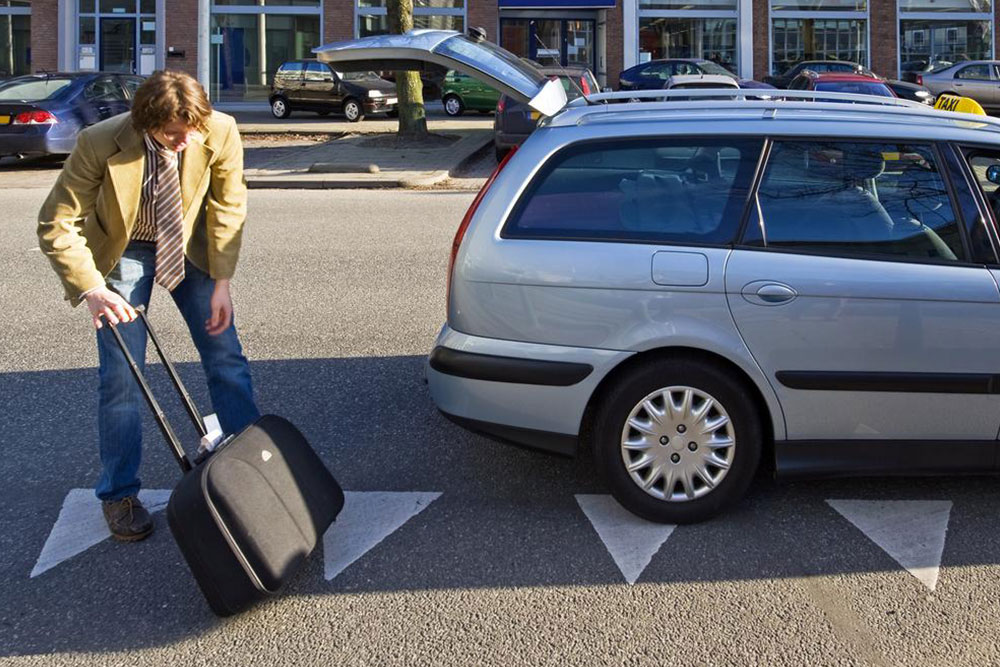Essential Travel Tips for People with Asthma
Traveling with asthma requires careful preparation. This guide offers key tips on consulting healthcare providers, choosing safe destinations, selecting suitable transportation, and ensuring allergy-friendly accommodations. Following these guidelines helps asthma sufferers enjoy travel safely and prevent emergencies.

Important Travel Guidelines for Asthma Patients
Living with asthma requires careful planning, especially when traveling. The condition causes airway inflammation, making breathing difficult. Common triggers include dust, pet dander, pollen, and mold, which vary from person to person. Travel increases exposure to unfamiliar environments, raising the risk of attacks. To stay safe, follow these essential precautions:
Consult Your Healthcare Professional Before Traveling
Schedule a visit with your doctor or specialist to discuss your travel plans. Ensure prescriptions are up-to-date, and request an asthma action plan along with a medical letter detailing your medications and emergency devices. Always carry these documents with you for quick access in emergencies.
Choosing your destination carefully is important. Research nearby healthcare options and check weather conditions such as humidity and pollution. Avoid dusty, damp, or mold-prone locations, especially old buildings. High-altitude sites might pose additional challenges due to lower oxygen levels. Staying well-hydrated helps reduce the risk of attacks.
If pollution concerns you, steer clear of heavily polluted areas. Drinking plenty of fluids and avoiding allergens can help prevent flare-ups during your journey.
Select Appropriate Transportation
Traveling by car offers control over air quality—clean your vehicle thoroughly before trips. Keep your emergency inhaler and supplies in your carry-on luggage to prevent temperature issues. On flights, stay hydrated to counteract dry cabin air. Always keep your inhaler and emergency items in your hand luggage for easy access.
Know Public and Accommodation Policies
When using public transit or booking hotels, inquire about allergy-friendly policies. If pets are present, choose seats or rooms away from potential allergens. Opt for allergy-friendly meals when available and inform service staff about your condition. Bringing allergen-proof pillows or blankets can provide extra protection. Select accommodations in less polluted areas, avoiding industrial zones, indoor pools, or mold-prone spaces like enclosed cabins or winterized cottages. Rooms with plenty of sunlight can help reduce mold growth.


